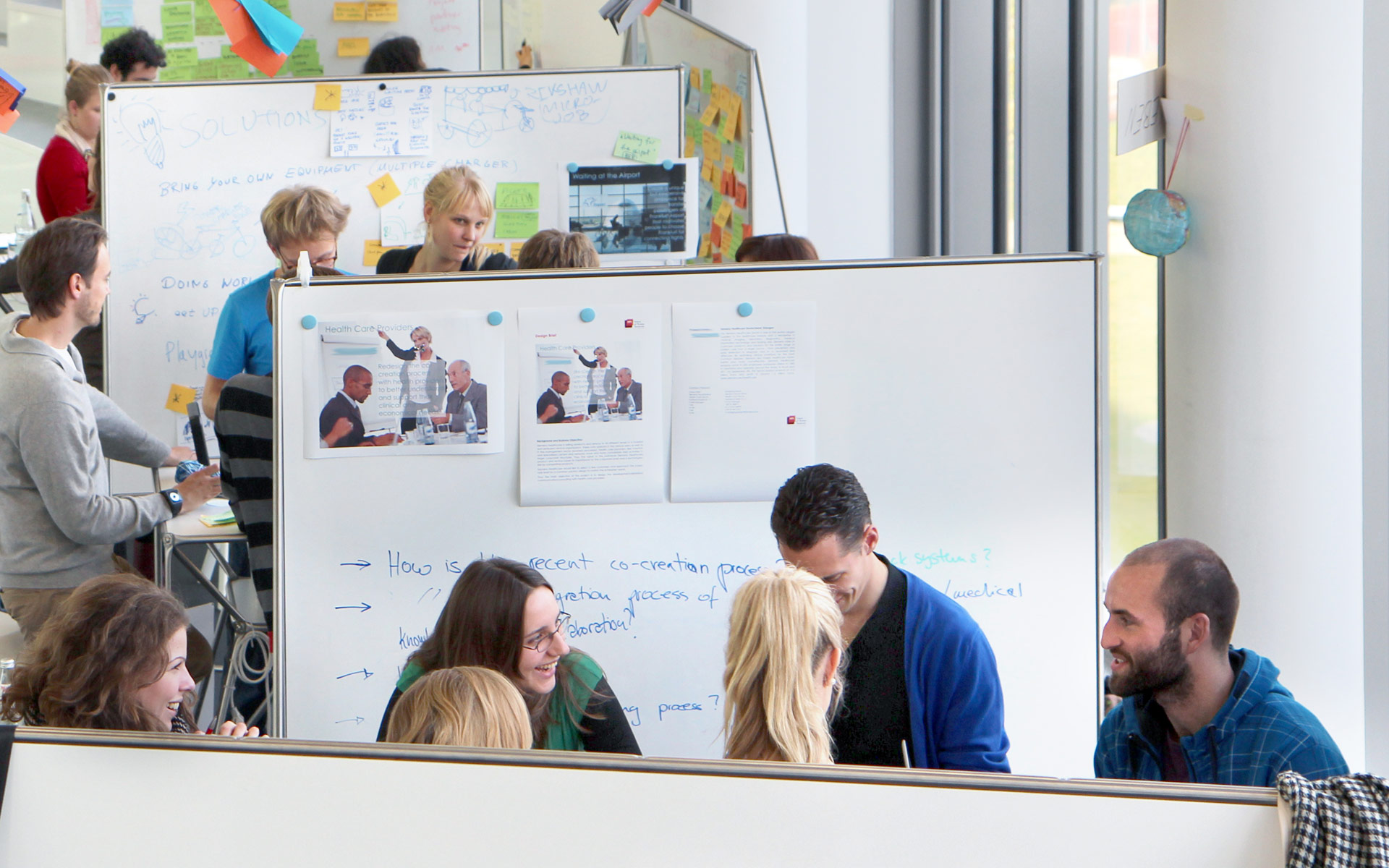PI: Dr. Julia von Thienen
Abstract
Human needs are a central concept in design thinking. The ability to find and address key unmet needs is considered crucial for the emergence of worthwhile innovation. In the previous project year, we identified a number of different conceptions regarding human needs that prevail in design thinking traditions. These concepts entail different methodological approaches in practice and introduce different criteria for when a
project is successful in addressing human needs. We believe that it is neither necessary nor helpful to declare one of these conceptions adequate, while others would be rejected. Rather, we want to help the community refine and probe different need conceptions, so that design thinkers can take informed decisions when opting for one rather than another approach in practice. Beyond the common understanding that a design thinking project should focus on one major user need, we explore two frameworks that call for an assessment of multiple needs in parallel. One framework asks for a balanced account of needs towards improvement versus needs towards stability. The second framework asks about the extent to which humans can trust and use all of their senses in the interaction with a designed object – an outlook that inspires new work directions in the field of human-computer interactions. A third line of inquiry explores the role of user needs versus personal passions in creative teams as drivers of radical innovation. Methodologically, we propose research activities from micro to macro levels: from the perspective of individuals over teams up to whole societies, from neuroscientific studies to analyses of innovation patterns at the level of political unions.
Team
Theresa Weinstein, Constantin Hartmann, Irene Sophia Plank, Dr. Marisol Jimenez, Dr. Shama Rahman

